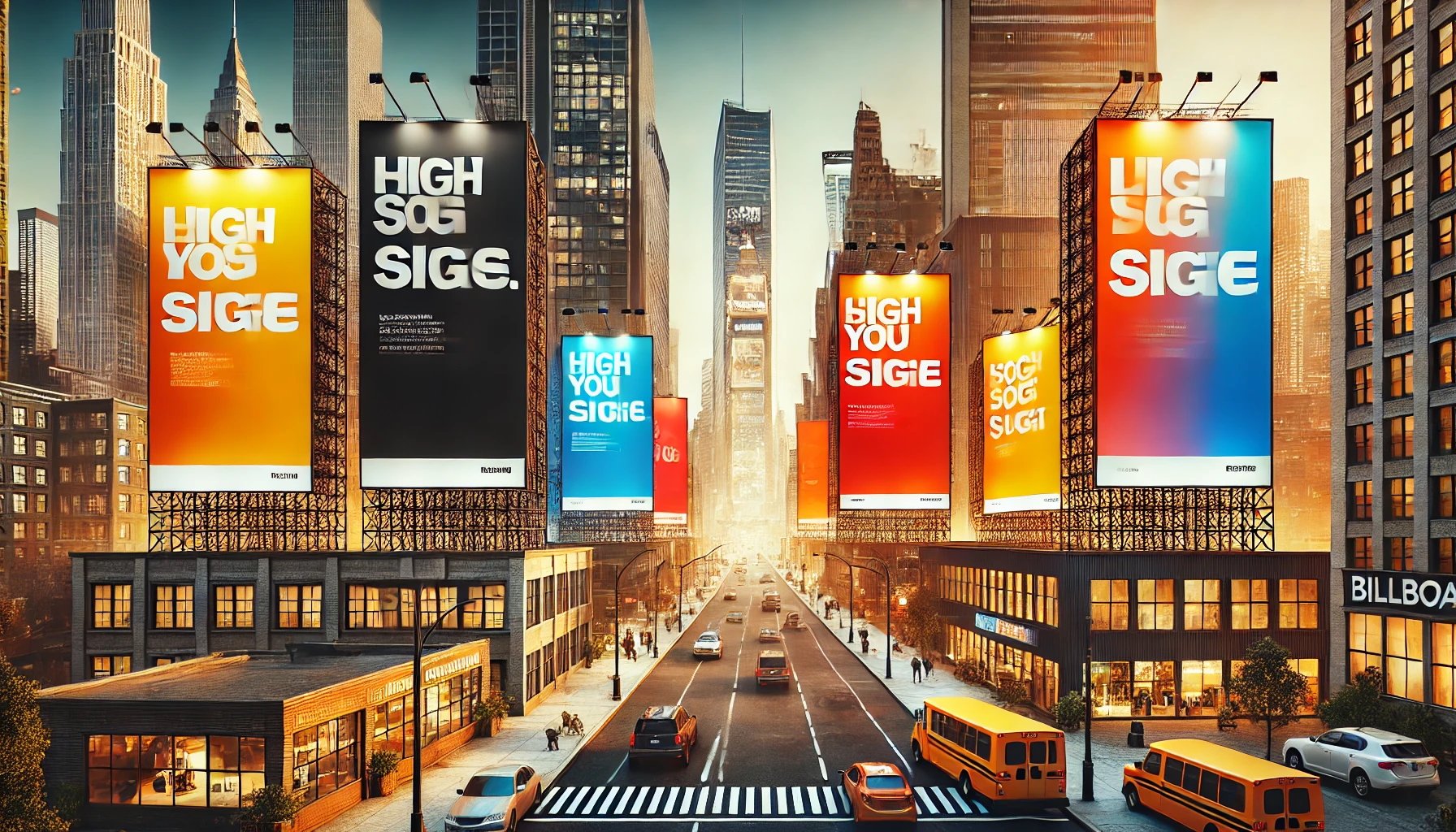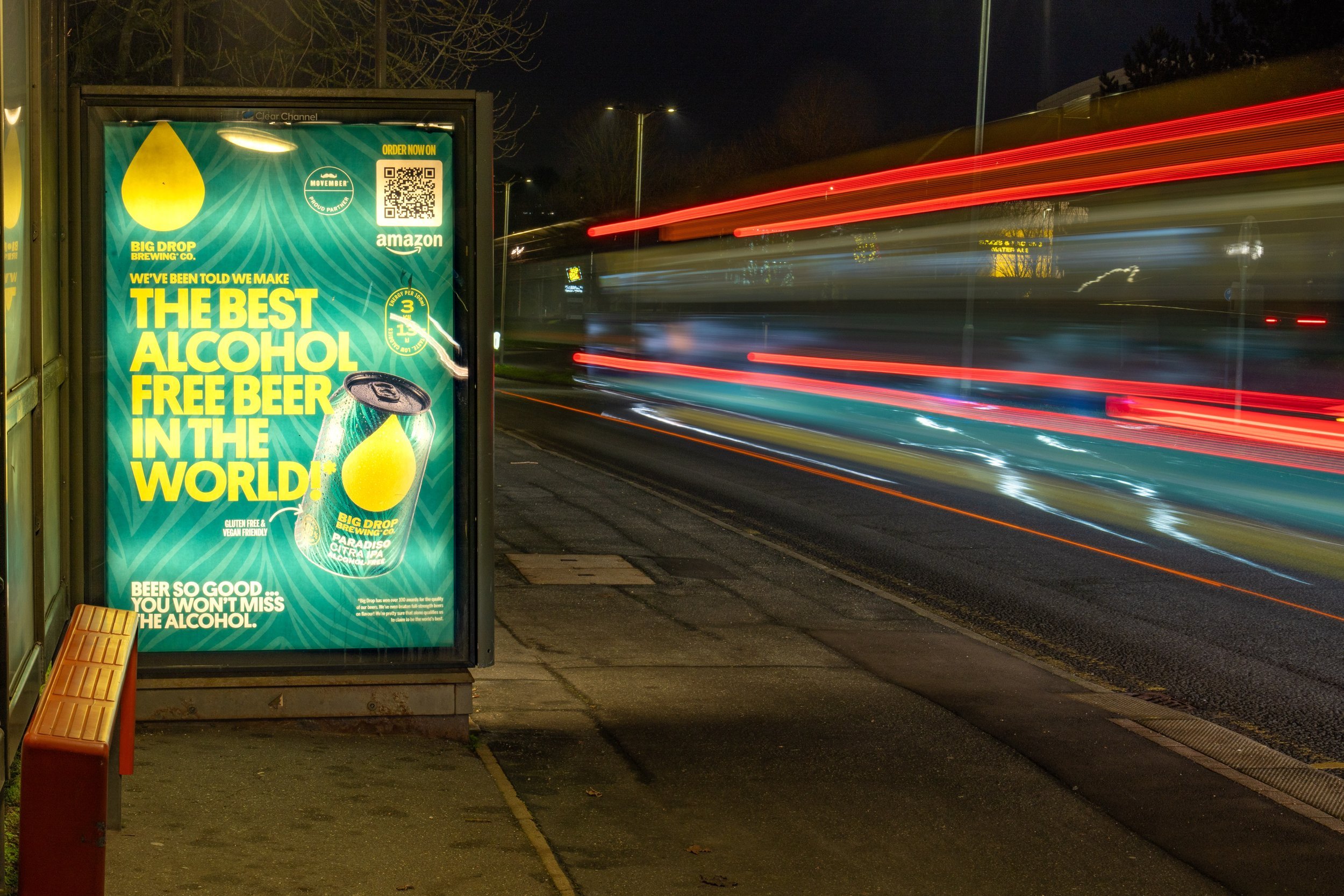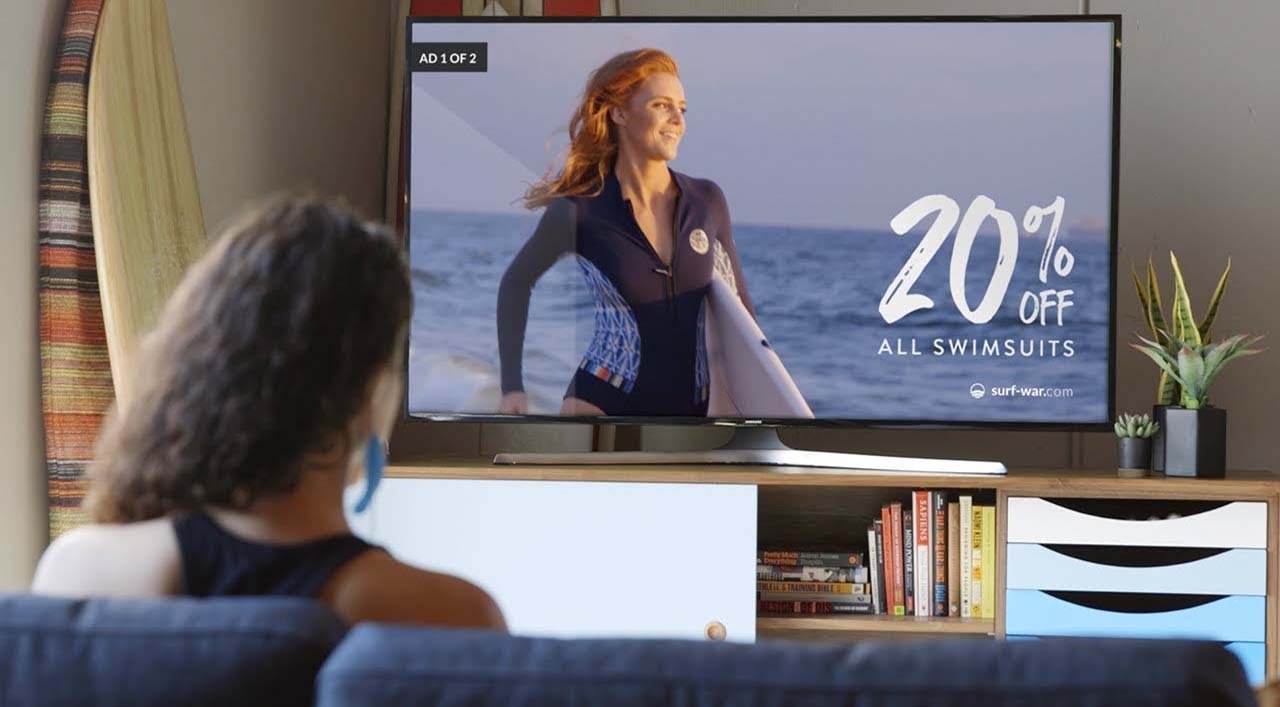What the pre-9pm TV fast-food ad ban means for advertisers.
Lettuce introduce you to the new fast-food ad ban. (…O.K., that one was bad, even for us.)
Puns aside, in a bid to tackle the growing problem of childhood obesity, the British government has introduced a new 9 pm watershed which will take effect from the end of 2022. The new rule means ads for HFSS products (products deemed to be high in fat, salt and sugar) will be banned from 5.30am to 9 pm. In this post, we will discuss the possible implications of this new watershed for advertisers.
What are the new rules, exactly?
A September 2019 study revealed that 60% of all food adverts shown that same month on ITV1, Sky1, Channel 4 and Channel 5 between 6 pm and 9 pm (the window with the largest number of child viewers) were for HFSS products. So, to reduce childhood obesity, the government is launching a ban on HFSS ads during the hours that most children watch TV (between 5.30 am and 9 pm).
However, there are four main caveats to this ban:
While paid-for ads will be restricted until 9 pm, brands can still advertise within their own media spaces online, such as on their own website, apps or social media pages.
Taking into account the damage done to smaller businesses during the pandemic, none of the restrictions will apply to companies (making and/or selling HFSS products) that have under 250 employees.
The healthiest foods from each HFSS category, such as honey, Marmite and avocados, as well as zero-sugar drinks and products, will not be included in the ban.
And, perhaps most significantly:
The watershed does not include ads for brands associated with HFSS products, it only pertains to the products themselves. Fast food brands may advertise themselves, so long as HFSS products are not included in the advertisement.
While this watershed is not without its controversy - in fact, those for and against the ban have issues with the government’s parameters - the watershed is set to transform the way advertisers approach creating ads for TV and online paid media. So, what are some of the obstacles advertisers might face and are there any benefits to this new ban? Let’s find out.
More competition
With HFSS ads being limited to between 9 pm and 5.30 am, brands could find themselves facing more competition. It’s understandable, then, that advertisers will be under more pressure to create a greater impact with their ads. However…
Out-of-home (OOH) advertising
As the watershed applies to digital and TV advertising industries, what will remain the same is OOH advertising media. While creating and adapting advertising strategies, advertisers can still rely on OOH media throughout the day.
The caveats
Through using a brand’s own social media, app and website, advertisers can still market to families at all hours of the day. Similarly, in advertising brands before 9 pm (without including HFSS products in the ads) advertisers can market brands to families by building on brand awareness, while still adhering to the government’s new standards.
With many campaigns planned years in advance, there is certainly going to be a challenging adjustment period for advertisers ahead. But thanks to the government’s caveats, there is still ample opportunity for creative advertising agencies to create amazing, innovative campaigns for clients.
Interested in TV advertising? Get in touch with One Day today.
To learn more about Pre-9pm TV Fast-Food Ad Bans, get in contact today.










